Number Sense Chapter Notes | Mathematics Olympiad Class 4 PDF Download
| Table of contents |

|
| Introduction to Number Sense |

|
| What is Number Sense? |

|
| Advantages of having a strong Number Sense in Children. |

|
| How to improve Number Sense in Children? |

|
| Fun Facts |

|
| Summary |

|
Introduction to Number Sense
So what is number sense? Number sense simply means the group of skills that will allow children to work with numbers. These skills are very important for performing mathematical operations. In this session, we will learn the basic concept of number skills and also a few solved examples.
What is Number Sense?
Number sense could be easily defined as the ability of a child to understand, connect and relate the numbers with each other. Having a strong number sense is very important in children as it would allow the child to think flexibly and fluently about numbers. Number sense allows the child to create a healthy relationship with the numbers and to be able to talk and love maths as a language.
Number sense involves
- Quantity: The ability to understand how much something is, like knowing that there are five apples on the table.
- Comparing Numbers: Knowing the difference between bigger and smaller numbers, like understanding that 7 is greater than 4.
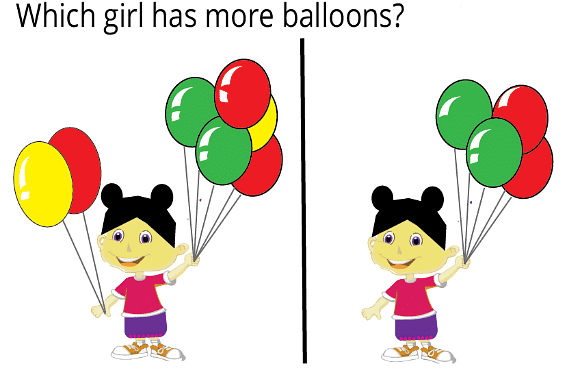
- Order of Numbers: Understanding the sequence of numbers, such as knowing that 1st, 2nd, and 3rd come in that order.
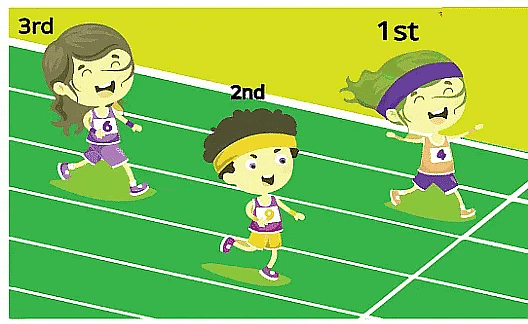
- Comparing and Recognizing Numbers: Being able to tell which number is greater or smaller, like comparing 9 and 12.
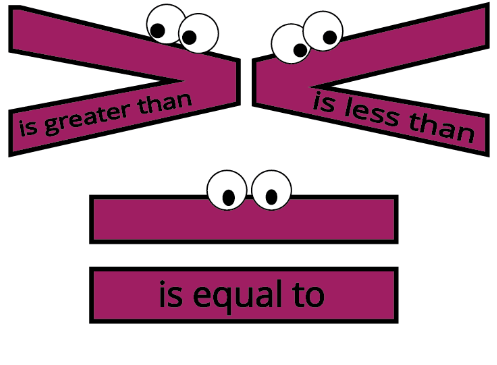
- Distinguishing Numbers: Knowing the difference between single-digit numbers (like 3) and multiple-digit numbers (like 25).
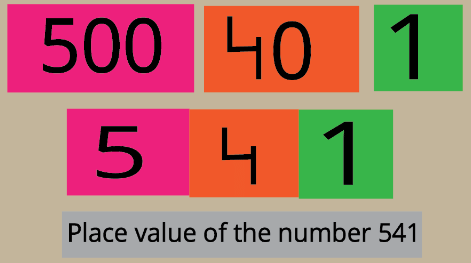
Advantages of having a strong Number Sense in Children.
Having a strong number sense will help the children to
- Talk comfortably and visualise the numbers. A child who has good number sense will be able to easily connect numbers and solve them.
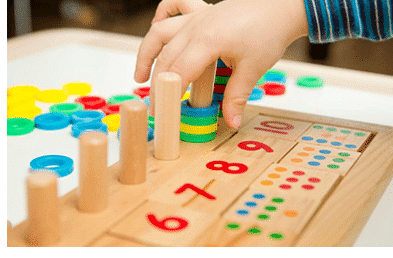
- Solve the Problems Mentally - Having good number sense will help in solving the problems in mind without the use of pen and paper.
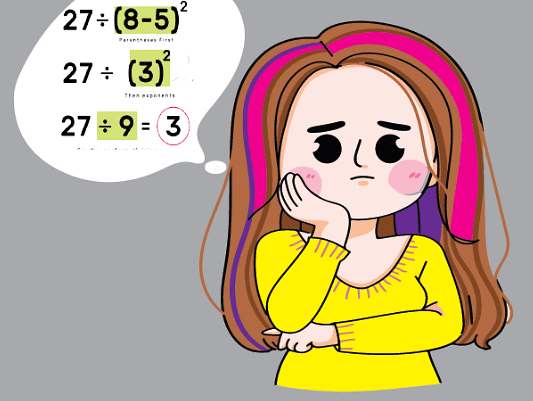
- Separating the Numbers and Putting them back together in different Ways - Number sense examples, Suresh was asked to break down 10 rupees coin in different ways. He went on and easily said that a 10 rupees coin can be easily added as 5+ 5, 6+ 4, 8+ 2, 0+10 and so on. This will only help every child to learn all the ways to make 20.
How to improve Number Sense in Children?
 Counting Steps Home
Counting Steps Home
Here are a few ideas that will surely help in promoting number sense in children:
- Create events that bring maths into a child’s everyday life. For example, ask the child to count the number of steps it takes to reach home from the School Van or ask them to count the number of doors or windows in any building. This will help the children to include numbers in day to day life.
- Allow them to think about maths with an open mind. For example Instead of asking them to tell you what is 10+5? ask them 'What are different ways to make 15? '. This method will surely allow more flexible thinking and allow the child to know more than one answer.
- Boost their Confidence - Exercising is a great way to give children confidence so they won't fear doing complex problems in life. For children, give them small problems such as telling them to count the number of fingers in their hands.
- Help them Play with Numbers - This method literally means that children should be given toys that would help them count and separate the numbers when asked. For example, Legos could be used to count the object and write the numbers.
Fun Facts
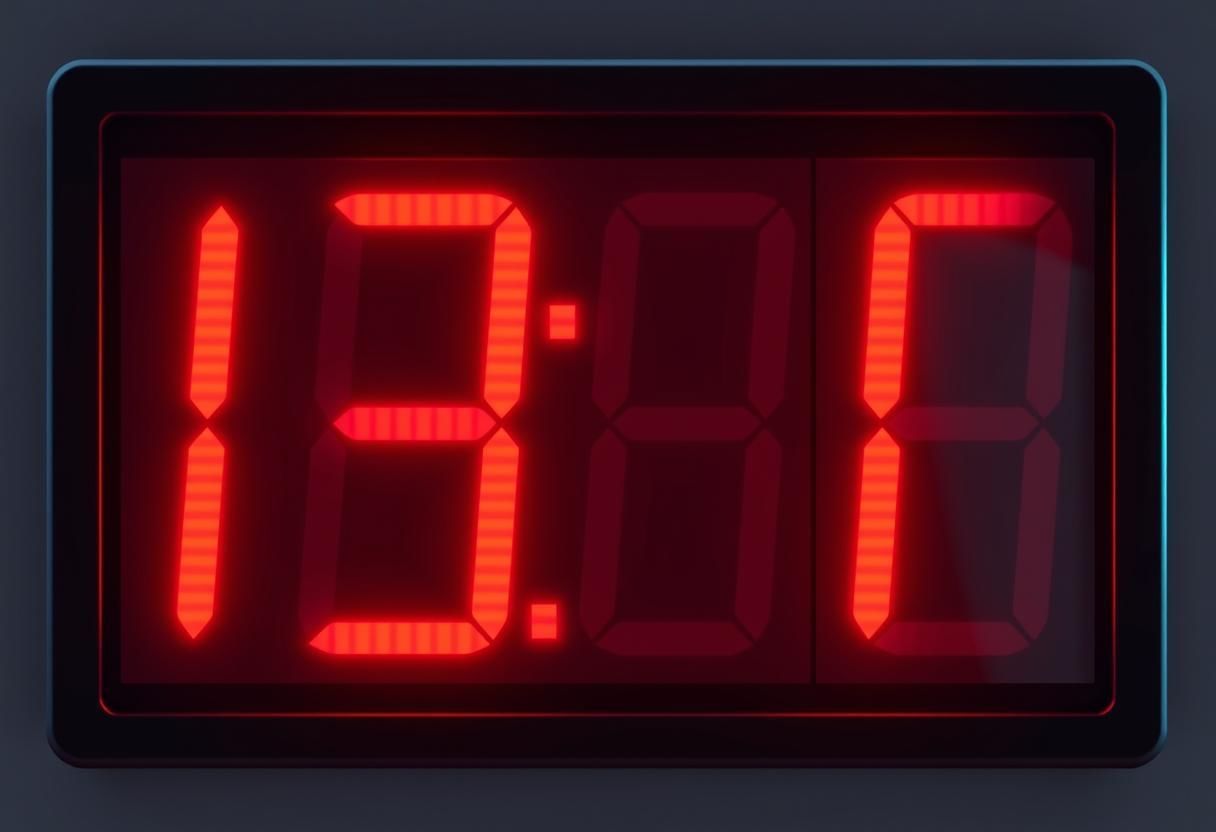 Numerical Digits Display
Numerical Digits Display
- The number 0 is also known as zero, nought, naught, nil, zilch, and zip.
- 2, 3, 5, 7, 11, 13, 17, 19, 23, and 29 are the ten smallest prime numbers.
- The only prime numbers that end in a 2 or a 5 are 2 and 5.
- The Hindu-Arabic numeral system, which was developed over 1000 years ago, is the basis for the numerical digits we use today, such as 1, 2, and 3.
Summary
A set of important numerical skills is referred to as "number sense." Early emphasis on number sense lays the foundation for later grades when it comes to calculating and solving more complex problems. It involves the capability to understand numerical values as well as concepts like more and less.
|
33 videos|98 docs|48 tests
|
FAQs on Number Sense Chapter Notes - Mathematics Olympiad Class 4
| 1. What is Number Sense? |  |
| 2. Why is having a strong Number Sense important for children? |  |
| 3. How can parents and teachers improve Number Sense in children? |  |
| 4. What are some fun activities to develop Number Sense in children? |  |
| 5. Are there any age-specific tips for fostering Number Sense in young children? |  |















